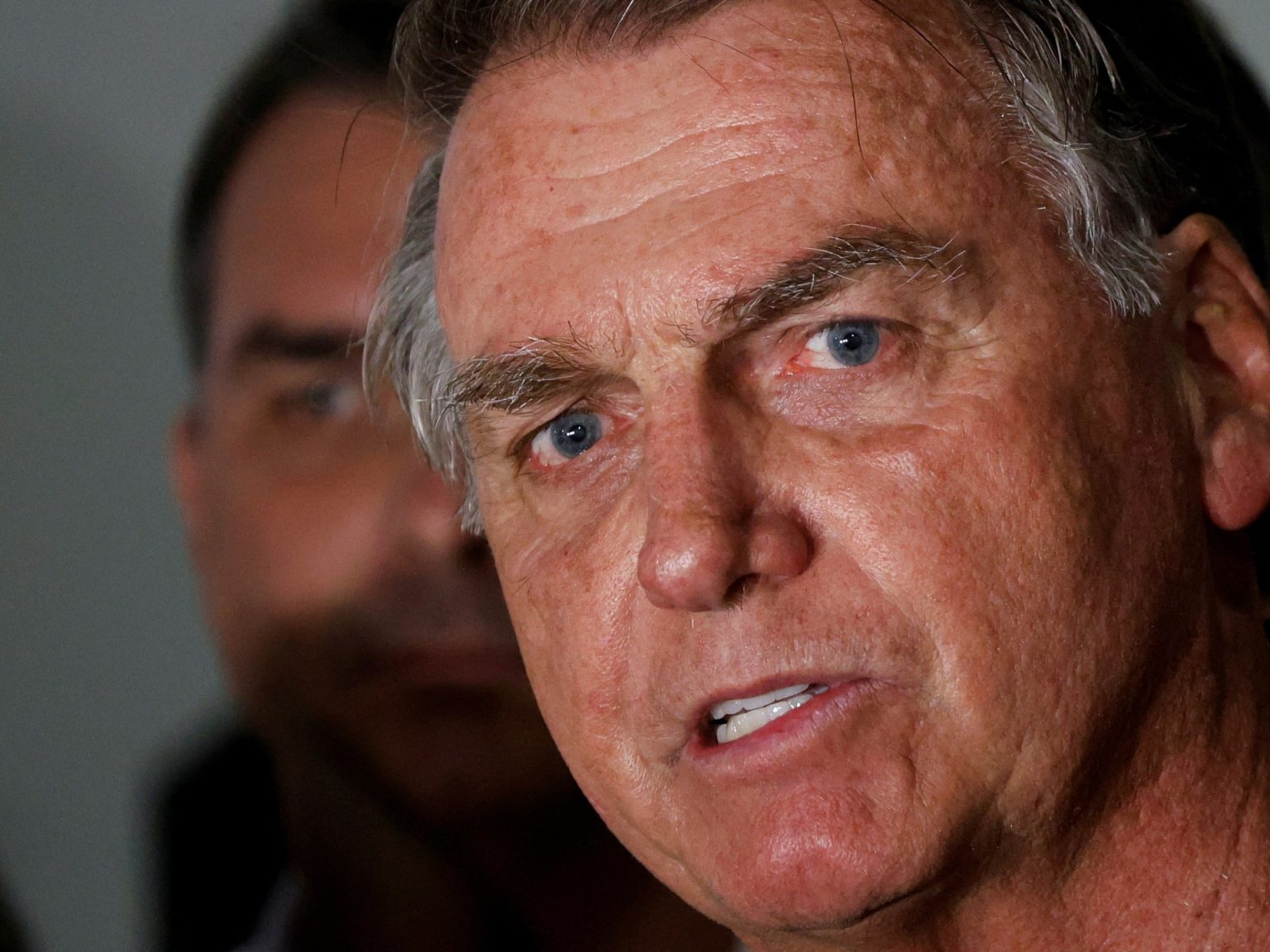In a significant development in Brazilian politics, the federal police have released an extensive report implicating former far-right President Jair Bolsonaro in an alleged conspiracy to overturn the results of the 2022 presidential elections. The report, comprising 884 pages, lays out substantial evidence suggesting that Bolsonaro not only aimed to maintain power after his electoral defeat but actively engaged in a criminal organization to accomplish this goal. The report highlights key incriminating evidence, including an alleged meeting between Bolsonaro and military officials where plans for a coup were discussed. The police findings assert that Bolsonaro “planned, acted, and was directly and effectively aware” of the actions taken to dismantle democratic governance in Brazil.
Before making the findings public, the report was forwarded to Paulo Gonet, Brazil’s top prosecutor, who is now faced with the decision of whether to bring formal charges against Bolsonaro. The implications of the report extend beyond Bolsonaro to include 36 others, notably former high-ranking officials such as former Defense Minister Walter Braga Netto and former Minister of Justice Anderson Torres. These individuals are also accused of conspiring to uphold Bolsonaro’s presidency despite the electoral defeat, indicating a systematic effort by Bolsonaro’s inner circle to thwart the democratic process. The report adds to a series of ongoing legal challenges surrounding Bolsonaro, particularly as he continues to deny allegations of attempting to cling to power in the aftermath of his loss to Luiz Inacio Lula da Silva.
The backdrop to this investigation is a highly contentious election campaign in 2022, marked by Bolsonaro’s repeated and unfounded claims that Brazil’s electronic voting machines were compromised. Such rhetoric sowed skepticism about the electoral integrity long before ballots were cast, culminating in a run-off election where Lula triumphed by a narrow margin of approximately 2.1 million votes—the tightest race since the country’s return to democracy in the 1980s. Following his defeat, Bolsonaro’s refusal to concede was met with public unrest, with his supporters engaging in protests that included highway blockades and violent confrontations with law enforcement. These tensions escalated dramatically on January 8, 2023, when a mob of Bolsonaro supporters stormed government buildings in Brasília in a bid to incite a military intervention and restore Bolsonaro’s presidency.
Amid this turmoil, disturbing evidence has emerged in the form of leaked audio recordings that suggest a troubling complicity among military officials in the conspiracy. The recordings, obtained by The Associated Press, feature conversations among high-ranking members of the Brazilian Army, who express strong desires to prevent Lula from assuming office. Notably, Colonel Roberto Raimundo Criscuoli was heard discussing potential violent responses, hinting at the possibility of civil war if necessary. The gravity of these assertions has implications not only for Bolsonaro but also for the integrity of Brazil’s armed forces and their role in upholding democratic transitions.
Brazil’s Supreme Court is actively involved in scrutinizing these developments. Justice Alexandre de Moraes, overseeing the federal police’s investigation, has referenced these recordings while ordering arrests related to plots to assassinate Lula before his inauguration. The legal framework within which these accusations are being examined illustrates the narrowing political landscape for Bolsonaro, who has seen his credibility erode amid ongoing investigations. In a recent interview, he dismissed the police accusations as fanciful, suggesting that his legal team would vigorously contest the charges. However, he faces mounting obstacles both in the court of public opinion and via judicial scrutiny, with the implications of the report and subsequent investigations signaling a potential decline from his political stature.
The situation represents a critical juncture for Brazil as it navigates its path following a divisive electoral battle and the profound challenges posed by Bolsonaro’s administration. The continuing investigations into his alleged actions highlight the profound risks associated with undermining democratic institutions and processes. The judicial and political landscape appears to be shifting, potentially setting the stage for broader implications for Brazil’s governance and political future. The accusations against Bolsonaro embody a struggle over the country’s democratic values, spotlighting the intense political polarization that marks contemporary Brazilian society. Ultimately, the unfolding legal proceedings and their repercussions may shape not only Bolsonaro’s legacy but also the very fabric of Brazilian democracy moving forward.

